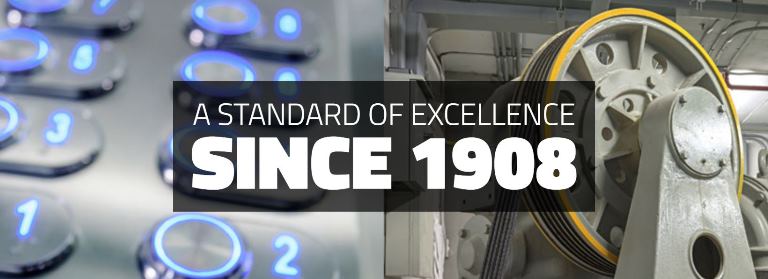The
ECA is a group of independent elevator companies from around the country who go
together with similar bargaining interests. The organization has been in
existence since 2002. Colley Elevator
has been a member of the Elevator Contractors of America since 2007. While we are a small to mid-size independent
contractor we have the resources of a large contractor with being involved in
the ECA. There are approximately 60 companies represented by the ECA from Maine to California.
Every
year we have a spring conference to go over what is occurring in the industry
and get together with the national IUEC Union representation. I have found this to be an incredible
resource for independent contractors.
Not only do we get to interact with similar companies from around the
country, we also get to find out what is going on, on the labor side.
The
stand out points that I came out of the meeting with is the emphasis on job
site safety, non-union competition and the NEIEP training program available.
Job site safety – Our industry
commands a good wage and one of the reasons is because of the significant risks
that field mechanics and apprentices experience. We need to always be conscience of our
surroundings and cannot be complacent. Job site accidents will always happen, it is
up to everyone involved in the trade[from office to the field] to minimize any risks and eliminate
preventable accidents.
Nonunion competition – As a union shop we
have a specific interest in union work.
Time after time we find that nonunion companies do not provide as
quality of a product as union companies.
There are exceptions to this rule but more often than not an IUEC Elevator
Constructor will provide a better end product than a nonunion elevator
technician. If you are in an area and cannot find a union elevator contractor please get in touch and I can point you in a good direction.
NEIEP Training – One of the reasons
why the IUEC Elevator Constructor will provide a better product is from our
NEIEP[National Elevator Industry Education Program]. I was blown away by the Gold Standard that
NEIEP is providing new apprentices going through the program. While there are other programs out there for
continuing education and training, this truly is by far the best I have
seen. Since I have been a part of the
ECA and attending meetings, NEIEP has grown its training to be incredible. From hands on labs to online courses the
offerings are items that as an employer we find extremely desirable.
If
anyone is interested in the ECA you can go to http://www.elevatorcontractors.org. I have found this resource to be incredibly
valuable.
I
would like to thank everyone at the ECA who is involved in putting this event
on each year as well as the IUEC representation that was at the
conference.
If
you have an questions or would like information from Colley Elevator you can go
to www.colleyelevator.com, email Craigz@colleyelevator.com or call
630-766-7230.









